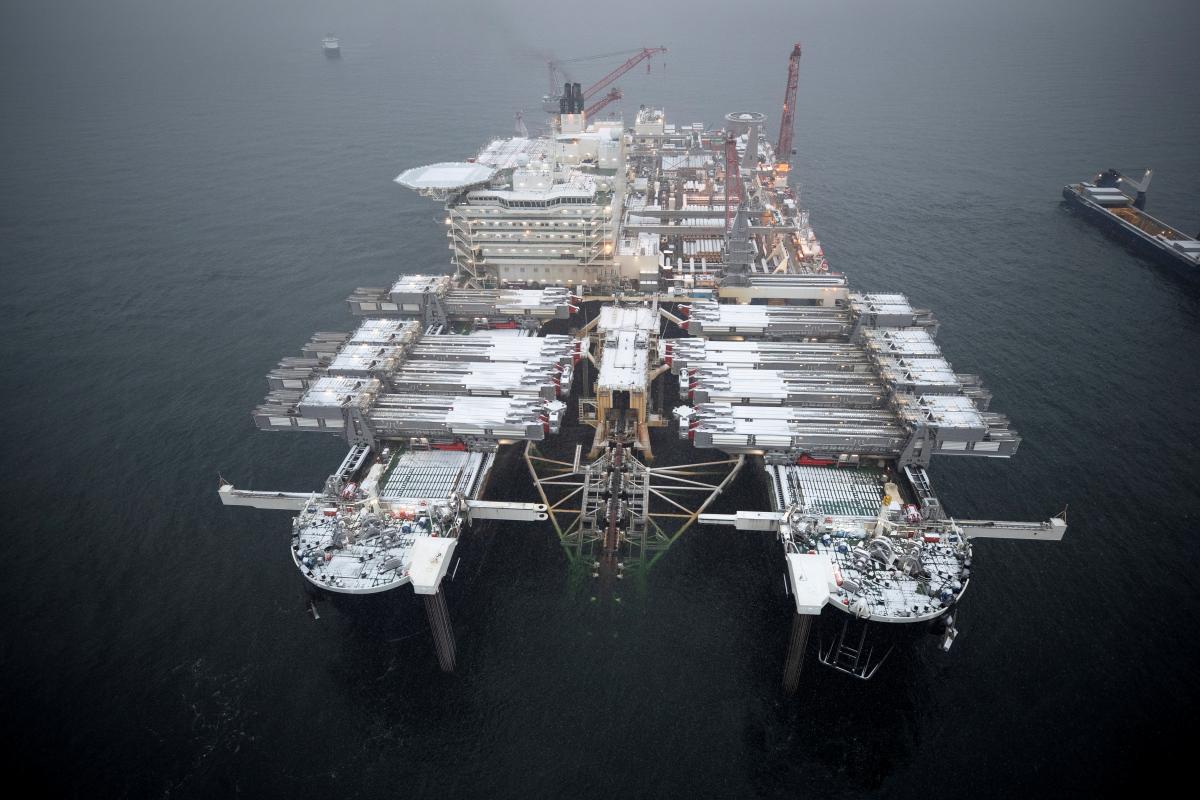
Director of the Russian International Affairs Council, Alexander Kortunov, has called the European Greens future strategic partners of Russia, which means that Moscow could have an impact both on the interpretation of Europe's environmental issues and the paths to solving them.
The Kremlin's main task in this area is to maintain Europe's dependence on Russian gas and counter alternative energy projects, International Policy Digest wrote.
The Greens achieved excellent results in the latest European Parliament elections, becoming the fourth largest faction. They finished third in France and second in Germany, also gaining significant success in Finland, Portugal, Ireland, and the UK.
Russia has a long-standing track record of employing foreign political parties to achieve its own goals. During the Cold War, Soviet intelligence services skillfully manipulated public opinion in the West, using so-called "useful idiots," individuals and organizations oblivious of the fact they were involved in Russian special influence operations, the so-called "active measures".
Since 1991, Russia has maintained the approach and has even expanded significantly the political spectrum of their partners. Experts agree that today, among Russia's hybrid allies, besides the leftist forces, there are also the far-right, populists, anti-globalists, financial elites, and the Greens.
The emergence of the Greens in the list is not accidental. In 2014, then NATO Secretary-General Anders Fogh Rasmussen, citing intelligence sources, stated that Russia had been financing environmental organizations that blocked fracking in Bulgaria, Lithuania, and Romania. In 2018, former Supreme Allied Commander of NATO, General Philip Breedlove, testified to the House Armed Services Committee that he was aware of Russian intelligence services being behind the anti-fracking campaign, which also targeted pipelines in Europe (those competing with Russian ones). According to a report by U.S. Director of the Office of National Intelligence, Russia conducted similar operations in the U.S., using RT and social media. Countering projects that could become competition to Gazprom was explicitly called the main purpose of these operations.
The recent rise in popularity of the Greens in Europe has also come about as a result of last year's environmental protests, which have also received critical praise from a number of European high-ranking officials. At the Munich Security Conference, German Chancellor Angela Merkel mentioned the high mobilization of youths in these protests in the context of methods of the Russian hybrid warfare. Belgium's environment minister Joke Schauvliege also said that the Belgian intelligence services were aware of the manipulation techniques applied to protesters and that the actual masterminds sought political gains other than "solidarity with our climate." The statement sparked outrage among protesters and forced Schauvliege to resign.
Despite this, allegations of Russia's involvement in organizing protests have not ceased since. Ukrainian Foreign Minister Pavlo Klimkin, speaking at a meeting of EU foreign ministers in Brussels in February 2019, stated that Russia was "definitely" involved in organizing climate protests in order to boost Russian gas consumption in Europe. Klimkin has stated explicitly that to this end, Russian special services create fake NGOs, bribe journalists, buy up media outlets, and interfere in European elections.
It is difficult to deny that there is some pro-Russian selectivity in the agenda of the European Greens. For example, their activists blocked construction of the Trans-Adriatic gas pipeline (TAP) that is set to supply gas from Azerbaijan to Europe bypassing Russia. The formal reason was the felling of 42 trees in the Puglia region of Italy. At the same time, environmentalists for some reason turn a blind eye to the Nord Stream 2 pipe, aimed to supply Russian gas to Germany bypassing Central Europe. That's despite the fact that the NS2 laying poses a threat to the Baltic Sea and may lead to an environmental disaster in the area.
Read also"Always a positive thing for Ukraine": expert on U.S. sanctions against Nord Stream 2
Such selectivity is inherent not only in young radicals fighting for environment in street clashes with police, but also in their counterparts in European Parliament who, in concert with openly pro-Russian forces, vote against projects that could reduce Europe's dependence on Russian gas.
Fortunately, many European politicians recognize that Russia's energy policies pose a threat to EU security. Unfortunately, very few of them realize how serious that threat is. Before Russian aggression, Ukraine also planned to produce shale gas as massive deposits had been revealed in Donbas. In 2013, one of the leaders of anti-fracking protests was the then-unknown Denis Pushilin. It was this Denis Pushilin, who now heads the puppet regime established by Russian occupation forces in Donbas. These "authorities" recently banned any shale gas production in the territory they temporarily control.
The Greens faction in the European Parliament consists of the European Green Party and the European Free Alliance. The latter represents the interests of national minorities fighting for their sovereignty, even toward the division of states in their existing borders. It's Catalans, Basques, Scots, Flemish, Tyrols, Baltic Russians, etc. Since some of these parties are overtly separatist, the example with Pushilin is absolutely relevant here, and the pro-Russian Greens could very swiftly transform into Russia's infamous "little green men".

